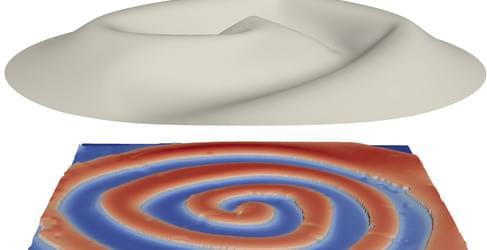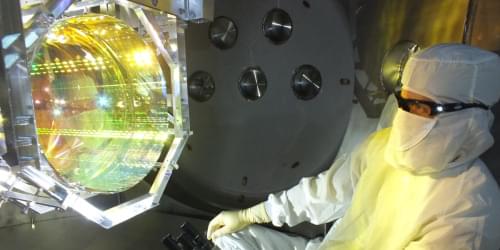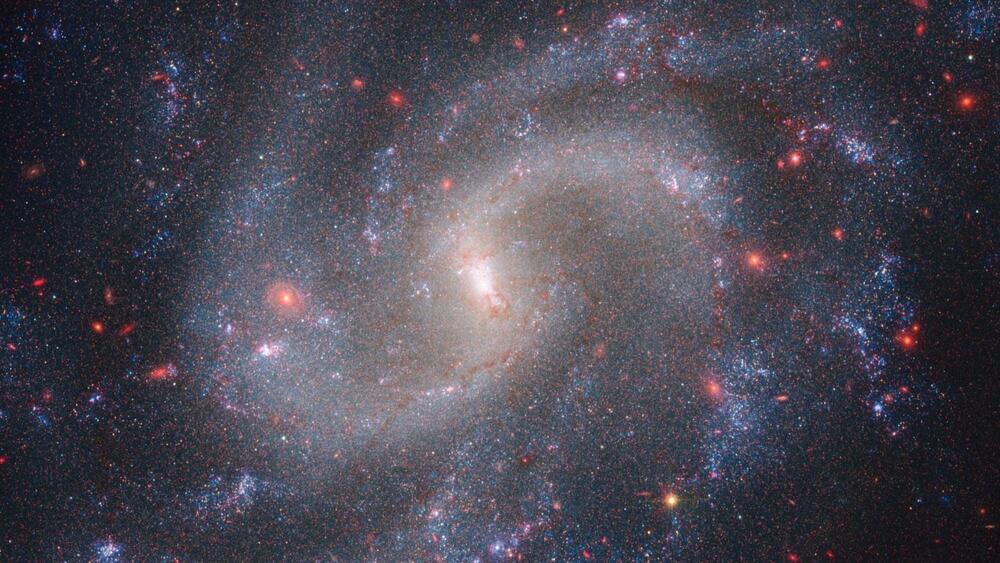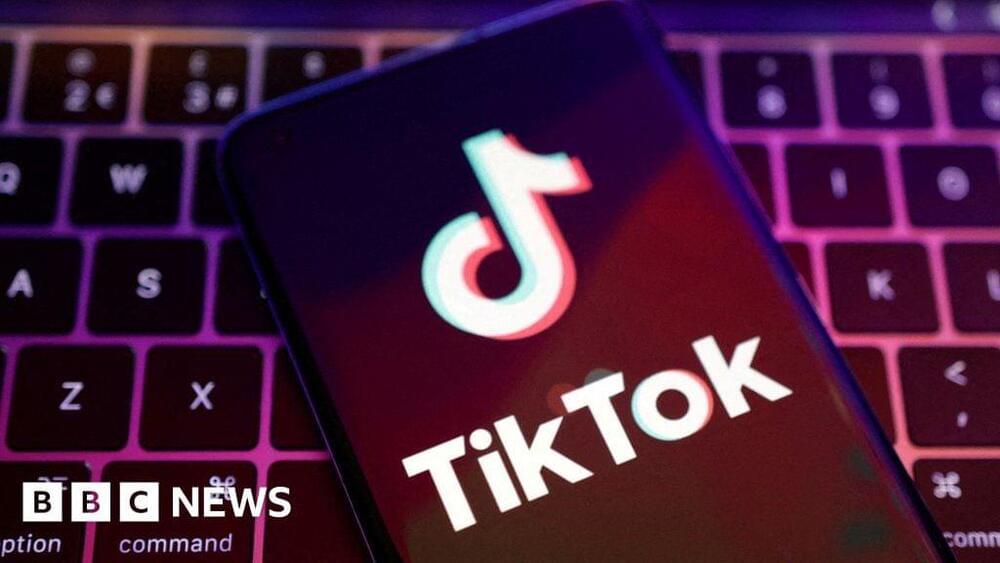The early failure of thin-walled cones under compression was thought to arise mainly from the presence of imperfections. A new model suggests otherwise.



UCLA pediatric pulmonologist Mindy Ross, MD, MBA, MAS, talks about diagnosis and evaluation of chronic cough in children.



Archaeologists have unearthed the oldest known wooden structure, and it’s almost half a million years old.
The simple structure — found along a riverbank in Zambia — is made up of two interlocking logs, with a notch deliberately crafted into the upper piece to allow them to fit together at right angles, according to a new study of cut marks made by stone tools.
The earliest known wood artifact is a 780,000-year-old fragment of polished plank found at the site of Gesher Benot Ya’aqov, Israel, while the oldest wooden tools for foraging and hunting on record — unearthed in Europe — date back about 400,000 years. It’s thought that Neanderthals made structures from bones or stalactites around 175,000 years ago.
Researchers have unearthed the oldest known wooden structure in Zambia, and it’s almost half a million years old, according to a new study.
Isaac asimov-1955 the end of eternity boehmer audiobook.

Meta is preparing to charge EU users a $14 monthly subscription fee to access Instagram on their phones unless they allow the company to use their personal information for targeted ads.
The US tech giant will also charge $17 for Facebook and Instagram together for use on desktop, said two people with direct knowledge of the plans, which are likely to be rolled out in coming weeks.
The move comes after discussions with regulators in the bloc who have been seeking to curb the way big tech companies profit from the data they get from their users for free, which would be a direct attack on the way groups such as Meta and Google generate their profits.

The BBC understands the Chinese firm is trying out the service in an English-speaking market outside the US, but has declined to comment on exactly where.
The subscription is being tested at $4.99 (£4.13).
Meanwhile, Meta is reportedly mulling ad-free subscriptions for people in the EU to navigate the bloc’s advertising rules.
The video sharing site is looking into charging a fee of around $4.99 to get rid of ads.
John Baez University of California, Riverside The 20th century was, arguably, the century of physics. While there was immense progress on so-called fundam…